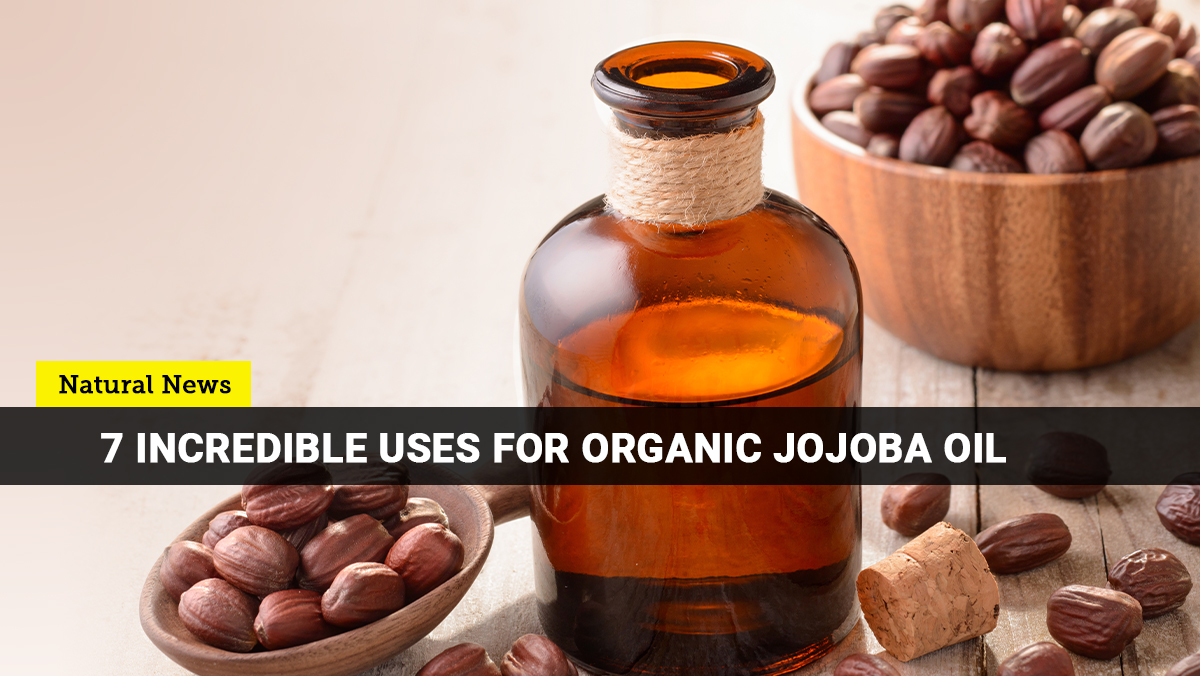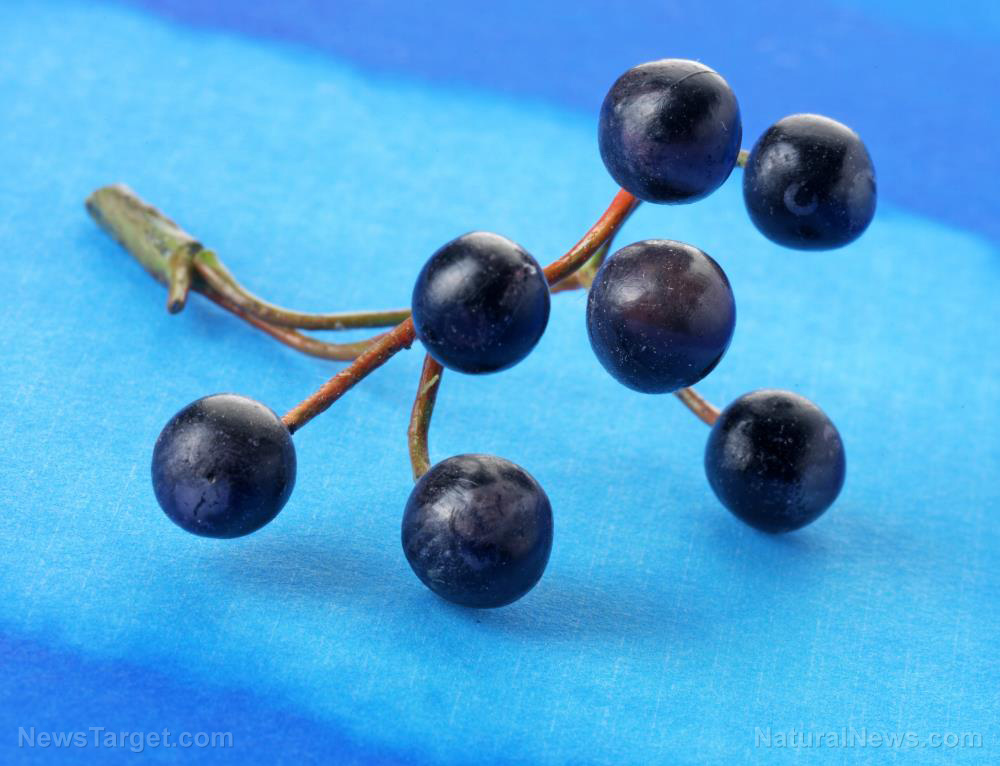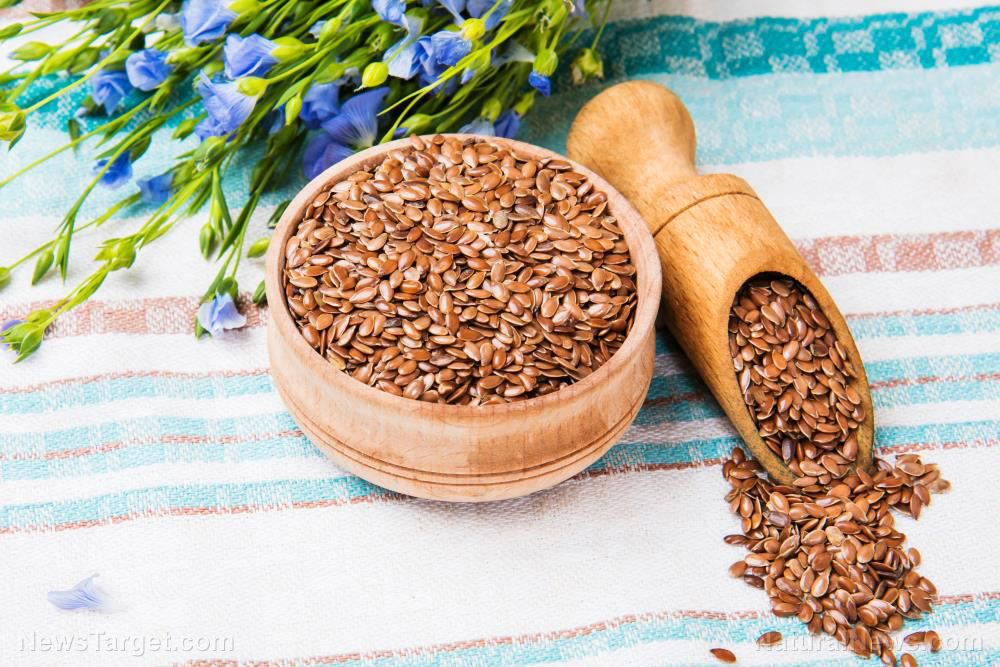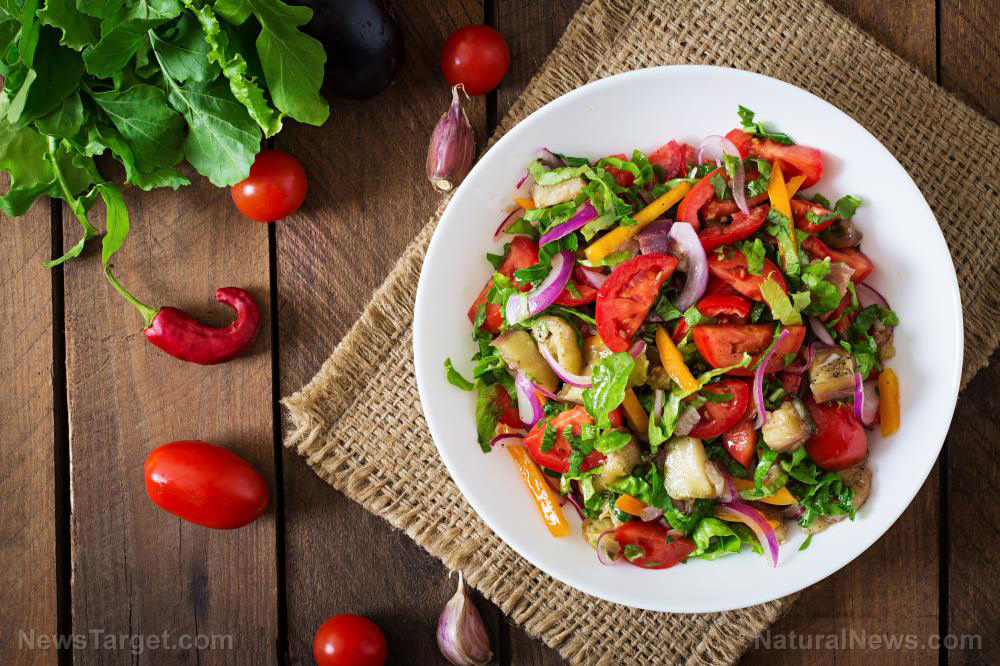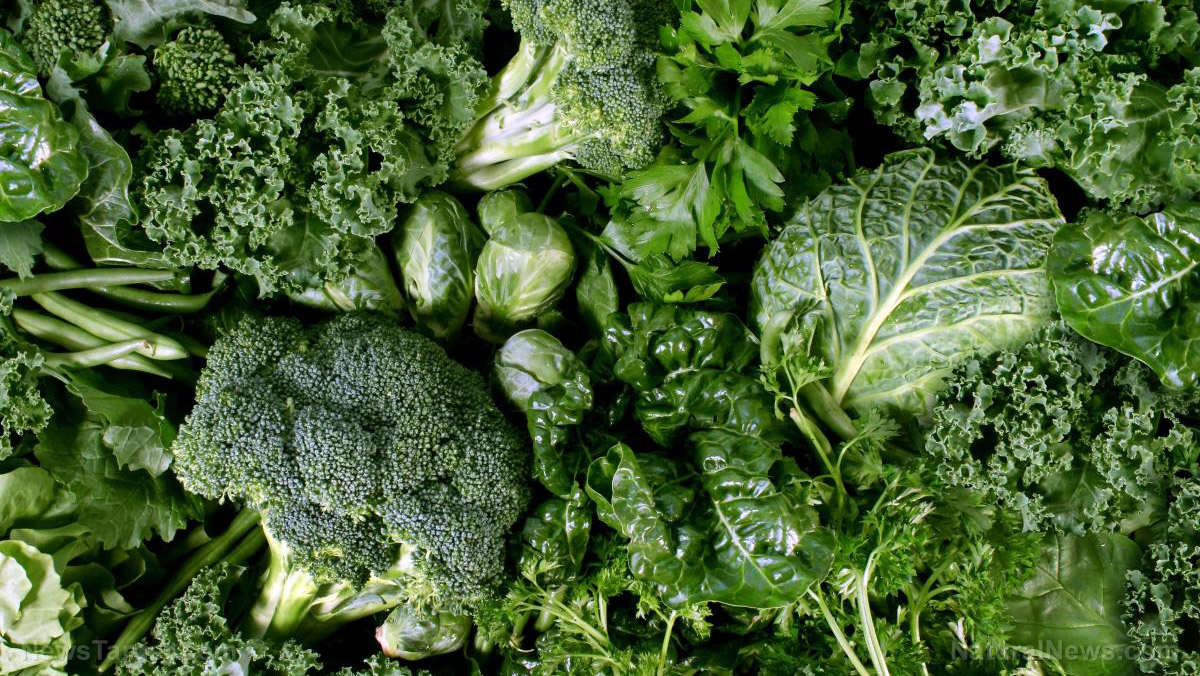Eating to prevent stroke: Foods that lower risk and foods to avoid
08/28/2019 / By Zoey Sky
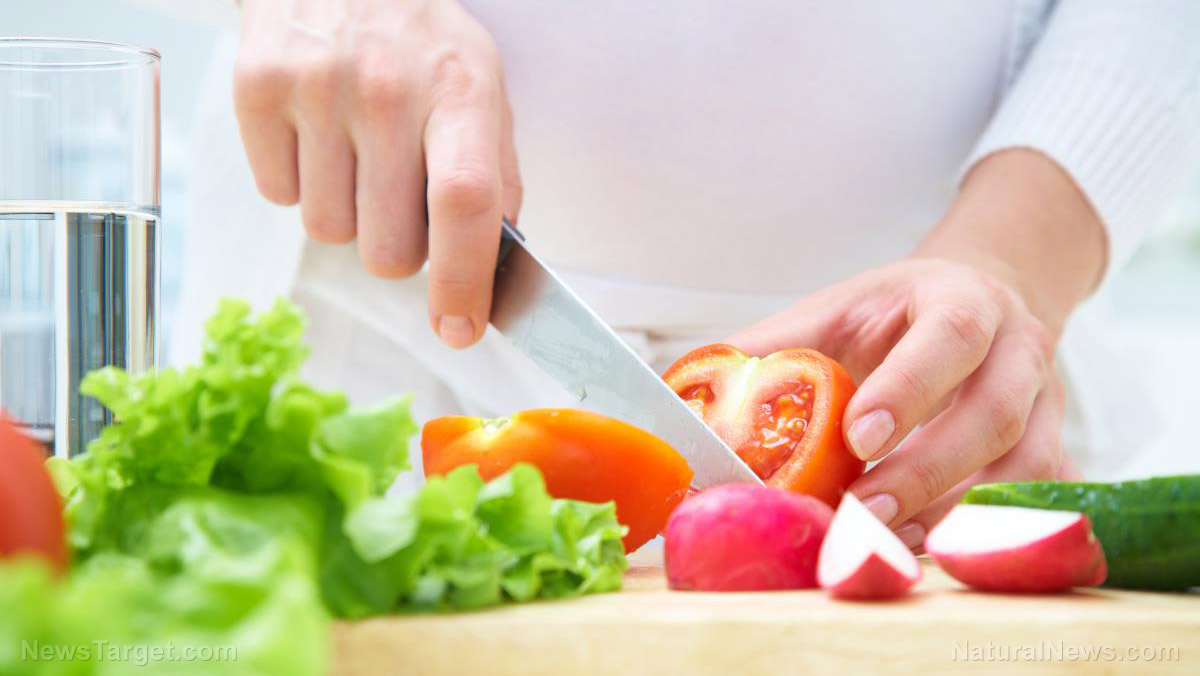
Around the globe, at least 5 million people die every year because of a stroke. It is also the leading cause of permanent disability in the U.S.
If you want to improve your heart health, avoid junk foods, and follow a balanced diet.
What is a stroke?
There are two main types of strokes:
- An ischemic stroke is the most common type of stroke. It occurs when a blood clot in an artery causes circulation within the brain to be cut. Having plaque buildup in a carotid artery, which carries blood to the brain, can also cause an ischemic stroke.
- The second kind of stroke is a hemorrhagic stroke, which occurs when a blood vessel in the brain ruptures and blood leaks into the surrounding tissue. High blood pressure causes strain within walls of the arteries, resulting in a hemorrhagic stroke.
Both stroke and heart attacks have the same risk factors, which include age, family history, high blood pressure, high cholesterol, and smoking.
The most common symptom of a stroke a sudden and powerful headache. A stroke is sometimes called a “brain attack.”
The symptoms of stroke and heart attack may vary depending on age, episode severity, gender, and overall health condition. You may experience these symptoms quickly and often without warning. Blocked arteries can cause both strokes and heart attacks.
Middle-aged women have a higher risk of stroke. Data suggests that stroke is 80 percent preventable if you address lifestyle factors such as following a balanced diet, quitting smoking, and exercising regularly.
Foods that can boost heart health
Dr. Michael Greger, the author of “How Not to Die,” advised that having a whole-food, plant-based diet full of beans, fruits, grains, lentils, nuts vegetables, and whole grains is the most effective way of reducing stroke risk.
Plant-based diets help prevent stroke due to the fiber content of whole plant foods. For every seven grams of fiber that you consume daily, you lower your risk of first-time stroke by at least seven percent. Plant foods are also rich in antioxidants that help minimize inflammation. Antioxidants can also prevent plaque buildup in the arteries and improve blood flow. Fruits and vegetables usually contain 64 times more antioxidants than animal foods. To ensure overall health, consume a wide variety of fruits, herbs, vegetables, and nutritious spices that contain different antioxidants.
Keep your heart healthy and strong by adding the following foods to your diet.
Citrus fruits
A study published in the journal Stroke showed that the consumption of citrus fruits is linked to lower stroke risk. The researchers noted that out of the 70,000 participants, the women who consumed the most flavonoids from citrus fruits for a 14-year period had a 19 percent lower risk of stroke than those who ate less citrus fruits.
Coffee and green tea
For a 13-year study of over 80,000 Japanese adults, researchers confirmed that those who consumed at least a cup of coffee daily had a 20 percent reduced risk of stroke. They noted that individuals who drank two to three cups of green tea daily had a 14 percent lower risk of suffering a stroke.
Dark chocolate
In population studies that followed participants for a certain length of time, researchers discovered that people who consumed chocolate had lower rates of stroke. To boost heart health, eat dark chocolate with high cacao content and less milk and sugar.
Garlic
In a human study, scientists discovered that regular garlic consumption can lower rates of stroke by at least 50 percent.
Leafy green vegetables
Data from a study conducted by researchers from the Harvard T.H. Chan School of Public Health revealed that leafy greens are “associated with the strongest protection against major chronic diseases.”
Every additional serving of leafy greens that you eat can lower your risk for stroke and heart disease by at least 20 percent. (Related: Heart-healthy Mediterranean diet reduces stroke risk by 60 percent.)
Nuts
According to a study published in the International Journal of Epidemiology, consuming an ounce of nuts per day helps lower your risk of stroke by 50 percent. In the U.S. alone, this can prevent at least 89,000 strokes annually.
Tomatoes
Tomatoes are full of lycopene that can help significantly lower stroke risk. Data from an analysis published in the journal Neurology showed that out of 1,000 male Finnish participants aged 46 to 55, the individuals with the highest lycopene levels were 55 percent less likely to suffer a stroke.
Whole grains
Dr. Greger recommends eating about three servings of whole grains daily for stroke prevention.
Foods to avoid
The standard Western diet is linked to a whopping 58 percent increase in stroke risk. Data from various studies suggest that you should reduce your intake of high cholesterol and salty foods.
The results of a study presented at the American Stroke Association’s International Stroke Conference revealed that those who drink one diet soda a day increase their stroke risk by at least 48 percent.
According to a meta-analysis on meat consumption, eating three-and-a-half-ounce daily portions of red and processed meat can increase your stroke risk by 10 percent.
To significantly lower your stroke risk and boost your heart health, follow a balanced diet, get enough sleep, exercise regularly, and quit smoking.
Sources include:
Tagged Under: alternative medicine, cardiovascular health, citrus fruits, clean food, dark chocolate, diet, disease prevention, food cures, food is medicine, Fresh, functional food, garlic, Green tea, grocery cures, heart health, longevity, Magnesium, natural cures, natural medicine, nutrients, nuts, organics, phytonutrients, plant-based diet, potassium, prevention, stroke, tomatoes, vegetables, Veggies, whole grains
RECENT NEWS & ARTICLES
COPYRIGHT © 2017 PREVENTION NEWS

